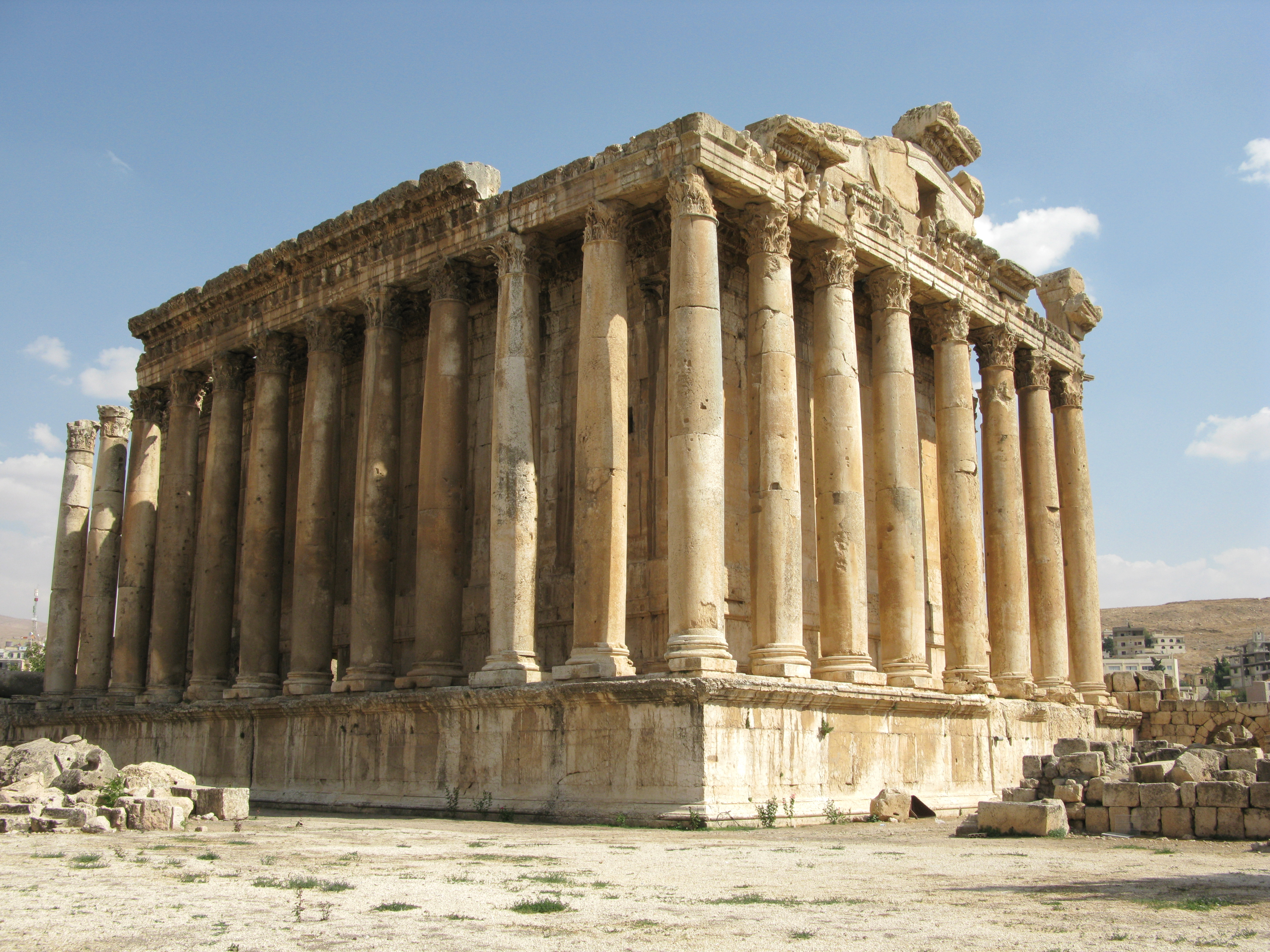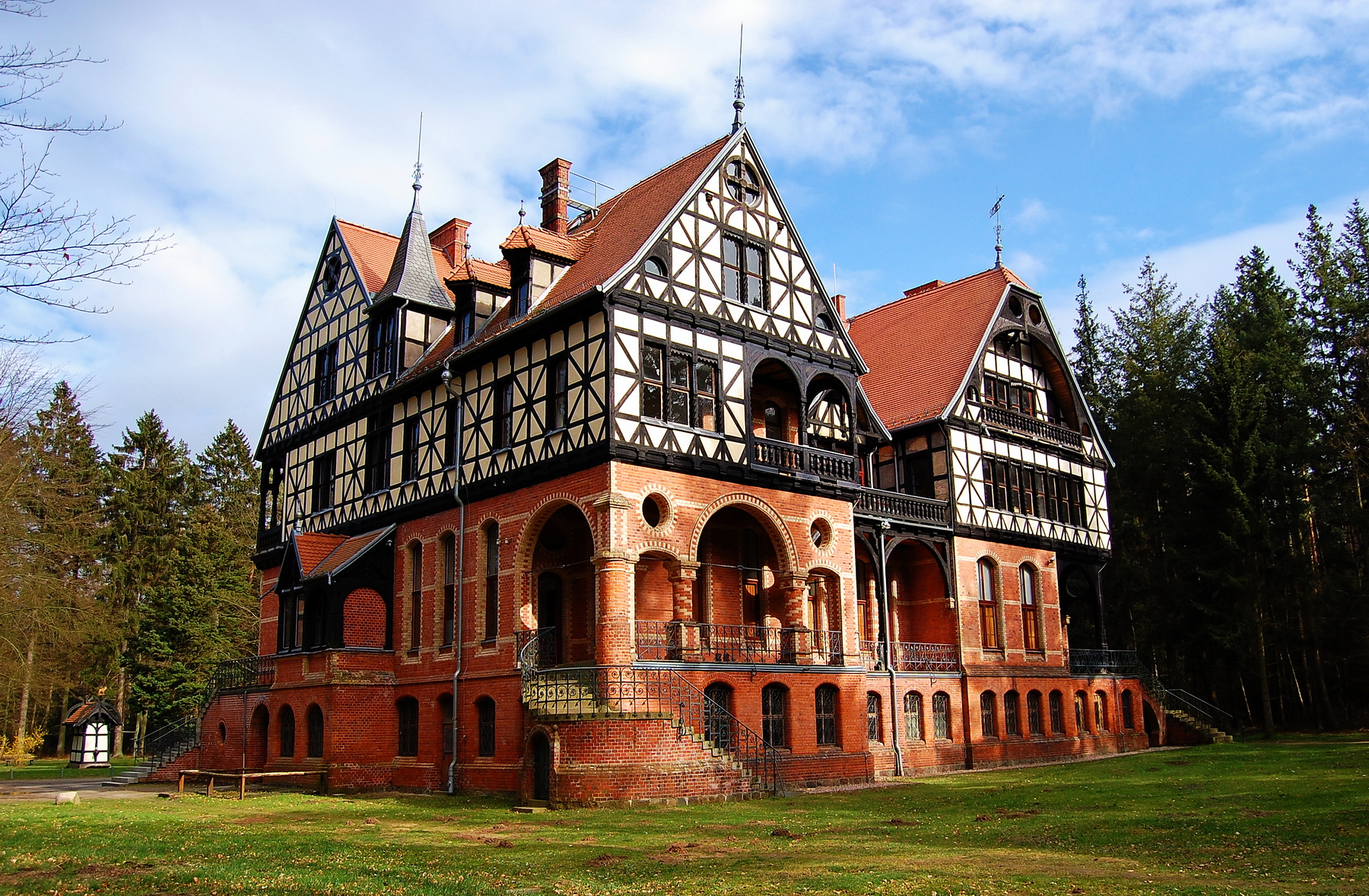|
Kassem Daher
Kassem Daher ( ar, قاسم ضاهر), born in Bekaa, Lebanon, is a Lebanese-Canadian accused of membership in a number of Islamic militant groups. Life At the age of 14, Daher left Lebanon and moved to Columbia - before settling in Leduc, Alberta. In 1990 he purchased the local movie theatre, and four years later purchased the ''Capitol Theatre'' in nearby Ponoka. Mahmoud Jaballah said that he frequently phoned a man he knew as "Mahmoud" who lived in Alberta, alleged by the Canadian Security Intelligence Service (CSIS) to have been Daher, to ask about conditions in the province, and exchanging tapes, books and similar publications. Jaballah also visited him in Winnipeg, and phoned him, Jaballah once phoned Hassan Farhat, telling him that Daher would appreciate any religious audiocassettes that they could send him. In July 1997, Jaballah suggested Daher contact Mabruk; who subsequently tried to convince Daher to distribute more pamphlets around Alberta. Jaballah and Daher ended th ... [...More Info...] [...Related Items...] OR: [Wikipedia] [Google] [Baidu] |
Bekaa, Lebanon
The Beqaa Valley ( ar, links=no, وادي البقاع, ', Lebanese ), also transliterated as Bekaa, Biqâ, and Becaa and known in classical antiquity as Coele-Syria, is a fertile valley in eastern Lebanon. It is Lebanon's most important farming region. Industry also flourishes in Beqaa, especially that related to agriculture. The Beqaa is located about east of Beirut. The valley is situated between Mount Lebanon to the west and the Anti-Lebanon Mountains to the east. It forms the northeasternmost extension of the Great Rift Valley, which stretches from Syria to the Red Sea. Beqaa Valley is long and wide on average. It has a Mediterranean climate of wet, often snowy winters and dry, warm summers. The region receives limited rainfall, particularly in the north, because Mount Lebanon creates a rain shadow that blocks precipitation coming from the sea. The northern section has an average annual rainfall of , compared to in the central valley. Nevertheless, two rivers o ... [...More Info...] [...Related Items...] OR: [Wikipedia] [Google] [Baidu] |
Canadian Islamists
Canadians (french: Canadiens) are people identified with the country of Canada. This connection may be residential, legal, historical or cultural. For most Canadians, many (or all) of these connections exist and are collectively the source of their being ''Canadian''. Canada is a multilingual and multicultural society home to people of groups of many different ethnic, religious, and national origins, with the majority of the population made up of Old World immigrants and their descendants. Following the initial period of French and then the much larger British colonization, different waves (or peaks) of immigration and settlement of non-indigenous peoples took place over the course of nearly two centuries and continue today. Elements of Indigenous, French, British, and more recent immigrant customs, languages, and religions have combined to form the culture of Canada, and thus a Canadian identity. Canada has also been strongly influenced by its linguistic, geographic, and econ ... [...More Info...] [...Related Items...] OR: [Wikipedia] [Google] [Baidu] |
Living People
Related categories * :Year of birth missing (living people) / :Year of birth unknown * :Date of birth missing (living people) / :Date of birth unknown * :Place of birth missing (living people) / :Place of birth unknown * :Year of death missing / :Year of death unknown * :Date of death missing / :Date of death unknown * :Place of death missing / :Place of death unknown * :Missing middle or first names See also * :Dead people * :Template:L, which generates this category or death years, and birth year and sort keys. : {{DEFAULTSORT:Living people 21st-century people People by status ... [...More Info...] [...Related Items...] OR: [Wikipedia] [Google] [Baidu] |
Asbat Al-Ansar
Osbat al-Ansar or Asbat an-Ansar (, "League of the Partisans") is a Sunni fundamentalist group established in the early 1990s, with a primary base of operations in the Palestinian camp of Ain al-Hilweh refugee camp near Sidon, which claims professing the Salafi form of Islam and the overthrow of the Lebanese-dominated secular government.Federal Executive Council on 7 April 2005 It has been designated as a by the Bahrain, United Nations, Canada, Kazakhstan, Russia, the UAE, the United Kingdom and the United ... [...More Info...] [...Related Items...] OR: [Wikipedia] [Google] [Baidu] |
Al-Qaeda Training Camps
300px, Terrorists who trained at camps in Afghanistan and fought in insurgencies around the world during the 1990s An Afghan jihadist camp, or an Afghan training camp, is a term used to describe a camp or facility used for militant training located in Afghanistan, especially those where members of al-Qaeda trained (although are not exclusive to any one group). At the time of the September 11 attacks in 2001, Indian intelligence officials estimated that there were over 120 jihadist camps operating in Afghanistan and Pakistan, run by a variety of militant groups as well as the intelligence service of Pakistan. During the Afghan Civil War, the country was in a disordered state which was advantageous for international terrorists in the 1990s, especially al-Qaeda and various other groups like Jaish-e-Mohammed. These camps would eventually be used for training jihadists who would fight in various places including Kashmir, Chechnya, Bosnia, the Philippines, Palestine, and Xinjia ... [...More Info...] [...Related Items...] OR: [Wikipedia] [Google] [Baidu] |
José Padilla (prisoner)
José Padilla is the name of: * José Gualberto Padilla (1829–1896), Puerto Rican poet, politician and advocate of Puerto Rican independence * José Prudencio Padilla (1784–1828), Colombian military leader * José Trinidad Padilla (born 1957), Mexican IRP politician * José Padilla (composer) (1889–1960), "Maestro Padilla", Spanish composer * José Padilla Sr. (1888–1945), Filipino politician and actor * José Padilla Jr. (1911–1978), Filipino actor & boxer * José Padilla (born 1950), U.S.-resident Honduran in the ''Padilla v. Kentucky'' case * José Padilla (DJ) (1955–2020), Spanish DJ * José Padilla (criminal) (born 1970), United States citizen convicted of aiding terrorists * José Padilla (academic administrator), president of Valparaiso University beginning 2021 See also *José Padilha (born 1967), Brazilian film director, producer and writer *Juan José Padilla Juan José Padilla is a Spanish '' torero'' ('bullfighter'). He became a '' matador de toros' ... [...More Info...] [...Related Items...] OR: [Wikipedia] [Google] [Baidu] |
Canadian Islamic Association
Canadians (french: Canadiens) are people identified with the country of Canada. This connection may be residential, legal, historical or cultural. For most Canadians, many (or all) of these connections exist and are collectively the source of their being ''Canadian''. Canada is a multilingual and multicultural society home to people of groups of many different ethnic, religious, and national origins, with the majority of the population made up of Old World immigrants and their descendants. Following the initial period of French and then the much larger British colonization, different waves (or peaks) of immigration and settlement of non-indigenous peoples took place over the course of nearly two centuries and continue today. Elements of Indigenous, French, British, and more recent immigrant customs, languages, and religions have combined to form the culture of Canada, and thus a Canadian identity. Canada has also been strongly influenced by its linguistic, geographic, and ... [...More Info...] [...Related Items...] OR: [Wikipedia] [Google] [Baidu] |
House Arrest
In justice and law, house arrest (also called home confinement, home detention, or, in modern times, electronic monitoring) is a measure by which a person is confined by the authorities to their residence. Travel is usually restricted, if allowed at all. House arrest is an alternative to being in a prison while awaiting trial or after sentencing. While house arrest can be applied to criminal cases when prison does not seem an appropriate measure, the term is often applied to the use of house confinement as a measure of repression by authoritarian governments against political dissidents. In these cases, the person under house arrest often does not have access to any means of communication with people outside of the home; if electronic communication is allowed, conversations may be monitored. History Judges have imposed sentences of home confinement, as an alternative to prison, as far back as the 17th century. Galileo was confined to his home following his infamous t ... [...More Info...] [...Related Items...] OR: [Wikipedia] [Google] [Baidu] |
Takfir W' Al Hijra
''Takfir wal-Hijra'' ( ar, تكفير والهجرة, translation: " Excommunication and Exodus", alternatively "excommunication and emigration" or " anathema and exile"), was the popular name given to a radical Islamist group ''Jama'at al-Muslimin'' founded by Shukri Mustafa which emerged in Egypt in the 1960s as an offshoot of the Muslim Brotherhood. Although the group was crushed by Egyptian security forces after it murdered an Islamic scholar and former government minister in 1977, it is said to have "left an enduring legacy" taken up by some Islamist radicals in "subsequent years and decades."''Islamist Terrorism and Democracy in the Middle East'' By Katerina Dalacoura, p.113 Name The label "''Takfir wal-Hijra''" ("excommunication and exodus") was ...[...More Info...] [...Related Items...] OR: [Wikipedia] [Google] [Baidu] |
Mansion
A mansion is a large dwelling house. The word itself derives through Old French from the Latin word ''mansio'' "dwelling", an abstract noun derived from the verb ''manere'' "to dwell". The English word '' manse'' originally defined a property large enough for the parish priest to maintain himself, but a mansion is no longer self-sustaining in this way (compare a Roman or medieval villa). ''Manor'' comes from the same root—territorial holdings granted to a lord who would "remain" there. Following the fall of Rome, the practice of building unfortified villas ceased. Today, the oldest inhabited mansions around the world usually began their existence as fortified houses in the Middle Ages. As social conditions slowly changed and stabilised fortifications were able to be reduced, and over the centuries gave way to comfort. It became fashionable and possible for homes to be beautiful rather than grim and forbidding allowing for the development of the modern mansion. In British Engl ... [...More Info...] [...Related Items...] OR: [Wikipedia] [Google] [Baidu] |



